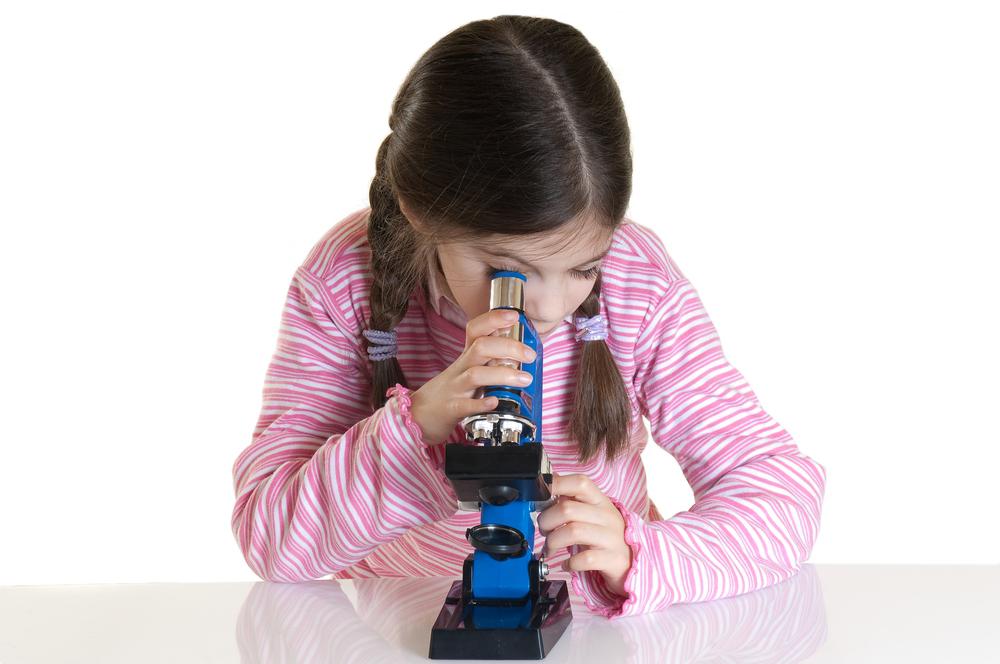Last month, researchers from Yale University released results of a study showing that male and female professors across scientific disciplines demonstrate bias against female students in mentoring, hiring, and pay. This week, the New York Times convened a symposium of U.S. science leaders to discuss the appropriate response.
Janelle Wilson, a 6th grade earth science teacher, encouraged schools to engage boys and girls in STEM subjects early, before bias sets in. She recommends dispatching “positive role models” to elementary schools to “show young girls that they can be both smart and beautiful.” (Of course, they’d have to spread that message to young boys, too—the Yale study shows that male academics are biased against female students, and there are many more of them determining which students succeed.) Siemens Foundation president Jennifer Harper-Taylor favored targeting professors, encouraging universities to “implement training programs” to build greater awareness that “the bias against women in science is still strong.” And Carrie Lukas, managing director of the Independent Women’s Forum, said we shouldn’t do a thing.
“Why is government concerned only with achieving balance in science, technology, engineering and mathematics—the few subjects where women have yet to surpass men—while ignoring the overall imbalance within higher education as men fall farther behind?” she asked. Focusing on one academic area where women don’t outpace men, she said, distracts us from making sure that “all students, male and female, might be prepared to succeed in their chosen disciplines.”
Lukas has a point. There is a higher education gap today, and it favors women. Focusing on those areas where women still stand at a disadvantage—from science professorships to top media gigs to corporate boardrooms—often means concerning ourselves with only a very elite set of women.
But a new study on the ranks of women in science shows that taking a hard look at the fate of women at the top can impart crucial insights into how people struggling at the bottom are being wronged, too. The report, led by Women in Global Science & Technology and the Organization for Women in Science for the Developing World, counted the ranks of women in the fields of science, technology, and innovation in the United States, Brazil, India, Indonesia, South Africa, Republic of Korea, and the European Union. They discovered a global crisis. In every region, women made up a slim percentage of the science workforce. In some regions, their numbers are declining, even while they’re ratcheting up increased numbers of related degrees.
So how does this impact not just those women but all women? Female scientists fare better in countries where they enjoy social equity more broadly: high economic status, equal representation in government, access to technological and financial resources, adequate health care and childcare, a good education, their own property. When just one of these factors is compromised, the researchers found, it can affect the ranks of women in scientific fields.
By the numbers, female scientists fare the best in the European Union and the poorest in India. The United States ranked second, because while women here have high educational opportunities and equitable access to technology, they have relatively poor health care and little political representation. And the U.S. ranked last in government commitment to “enabling policies” like childcare, work flexibility, equal pay, and equal representation.
Perhaps the reason commentators are so concerned with evidence of bias against women in the university is that, for decades—in the face of deficient government policies and few female politicians to advocate for us—education has been our greatest equalizer. Lukas is right that highly-specialized programs to push more women into science classrooms will only help a small percentage of Americans. But enacting the sweeping policy changes already in place from Indonesia to the EU? That would help equal the playing field for everyone.
